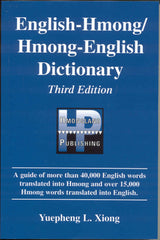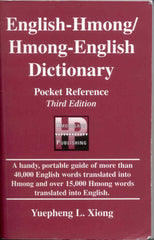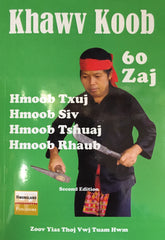Politics of Ritual and Remembrance: Laos Since 1975
Paperback, 216 pages, 6x9, English
by Grant Evans
0-8248-2054-1
Communist revolutions in this century have suppressed existing ritual and symbolic structures and invented new ones. Armed with new flags, new national celebrations, or new school textbooks, they have attempted to reconstruct social memory. This fascinating work of political anthropology examines the case of Laos from the heady days of the 1975 revolution to the more sober "post-socialist" present. Grant Evans traces the attempt at ritual and symbolic change in Laos, and the recent reemergence of older and deeper cultural structures, while identifying what has perhaps been irretrievably lost. In this challenging study of the cultural consequences of failed total revolution, Evans reaches some striking conclusions concerning the nature of social memory, cultural possibilities foregone, and the need for cultural continuity.
"This is a highly insightful, at times provocative, . . . monograph by one of the few westerners who really knows post-1975 Laos well. The books is unique in its analysis of how "Laos" has been invented since 1975. The work will be of interest not only to scholars, . . . but to a much bigger audience who are interested in the politics of construction of a national culture." -- Charles F. Keyes
Grant Evans is reader in anthropology at the University of Hong Kong.







